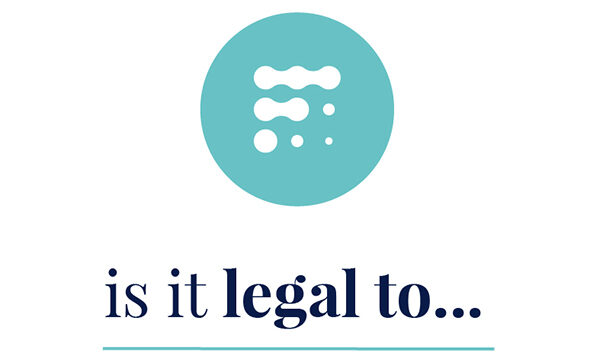Is it legal to challenge an attorney's decision?

The role of an attorney is an important one, helping to support people with important life decisions when they are at their most vulnerable.
So what happens if you have concerns this role is being abused? In this ‘Is it legal to…’ we explore if you can challenge an attorney’s decisions.
Is it legal to challenge an attorney’s decision?

Yes, you can absolutely challenge an attorney’s decisions if you have concerns.
What is an attorney?

An attorney is someone who has been appointed by an individual (referred to as ‘the Donor’) in their Lasting Power of Attorney (LPA) to make decisions on their behalf.
Depending on the content of the LPA, this can include managing someone’s finances, arranging their care, or even making decisions surrounding life-sustaining treatment.
For more information on LPAs see our previous post ‘Is it legal to make decisions on behalf of a loved one’.
What would amount to a legitimate concern?

Potential concerns can range from the attorney abusing their position (e.g. making payments to themselves without the necessary authority) to general decisions being made which you believe are not in the best interest of the Donor. For example, this may include decisions surrounding the Donor’s care or unwise financial decisions which could negatively impact the Donor.
Where would I go for help?

Start by contacting the Office of the Public Guardian to voice your concerns.
The Office of the Public Guardian will then begin to investigate the case, which could lead to the attorney being removed and potentially amount to a criminal investigation (depending on the nature of the complaint).
If you have safeguarding concerns, please notify Social Services so they may also investigate the Donor’s wellbeing.
If you believe someone is in immediate risk of harm, contact the police.
For more detailed advice surrounding your concerns, please contact our Court of Protection experts, either by calling 01603 620508 or completing our online form below.
Send us your enquiry
This article was produced on the 10th April 2024 by our Wills, Trusts & Probate team for information purposes only and should not be construed or relied upon as specific legal advice.
